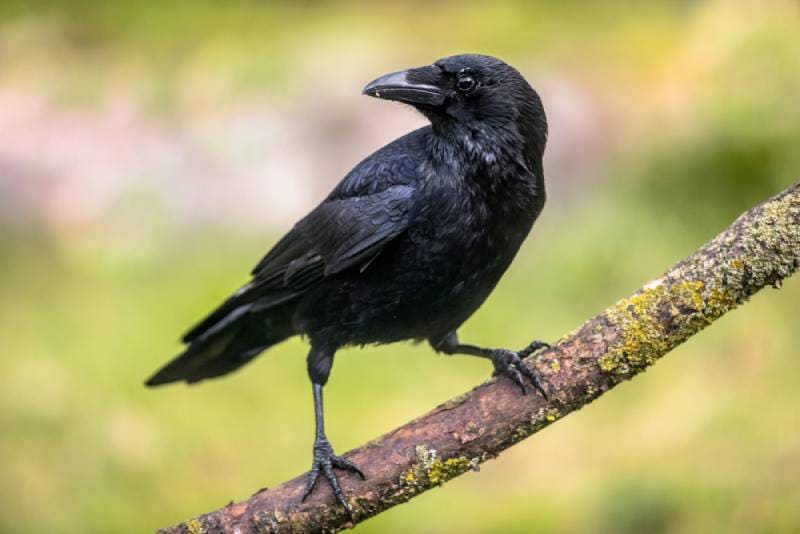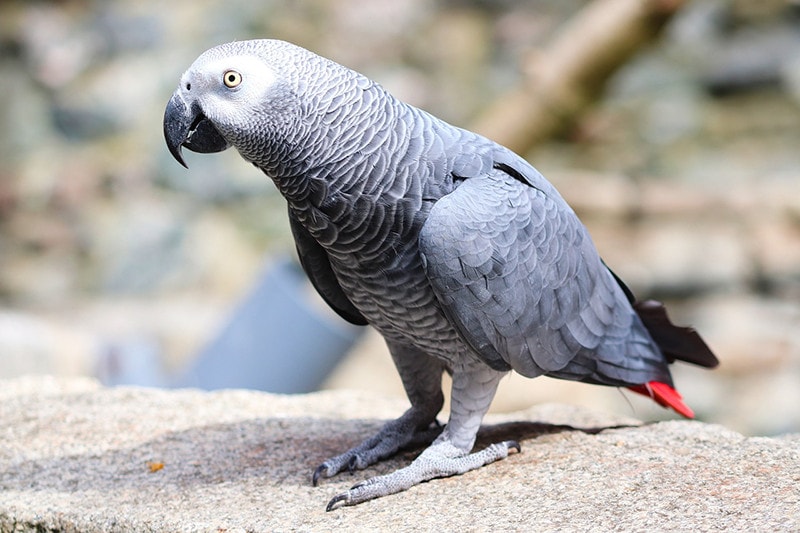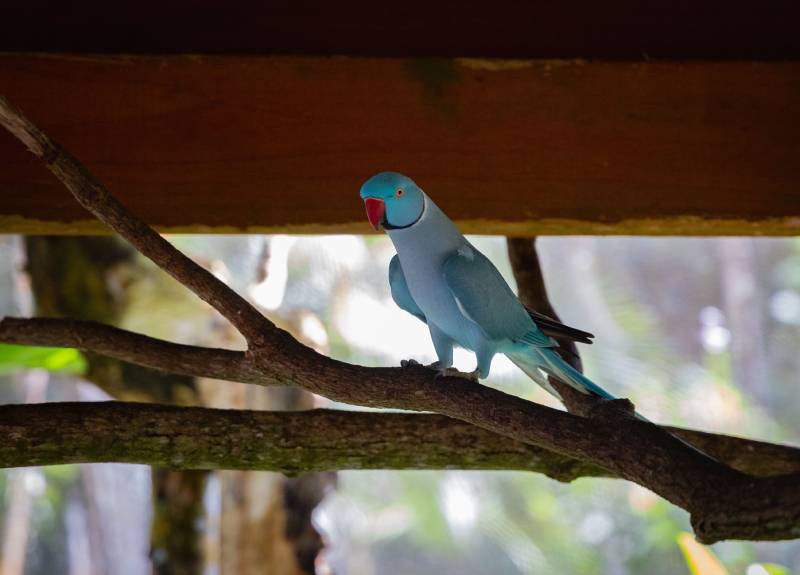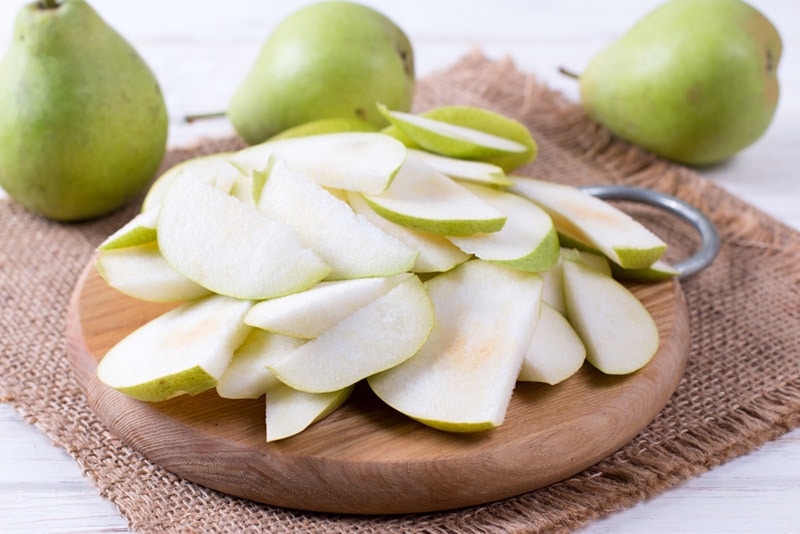Are Crows Smarter Than Parrots? Bird Intelligence Explained

Updated on

When people think of intelligent birds, parrots often come to mind because of their ability to mimic and their high trainability as pets. In fact, there’s a famous African grey parrot that was used in cognitive behavioral experiments with Professor Irene Pepperberg, demonstrating the incredible intelligence these birds possess.
Still, crows and other corvids, such as ravens and magpies, have been known to display incredible behaviors in the wild and in captivity. Parrots can identify people’s faces and mimic them, while crows can use tools to solve problems.
So, which is smarter? The answer is complicated and doesn’t have a one size fits all answer. Let’s take a look.
How Smart Are Parrots?
Some species of parrots, like African greys, are considered on par with a child around three years old in speech and problem-solving skills. They are easy to train and can speak and solve problems, especially when they’re young.
Parrots have a brain the size of a walnut, which has to do with the size of their heads. However, their forebrain contains as many neurons as a primate. Several other studies have indicated that parrots can do more than just imitate. They have advanced problem-solving skills and long-term memories.
African greys have the most advanced vocabulary and problem-solving ability overall, but Amazon parrots, cockatoos, macaws, and Moluccan eclectus parrots all have qualities of intelligence, like learning tricks and games.

How Intelligent Is a Crow?
Crows are found worldwide and live exclusively in the wild. Their intelligence has been seen by researchers, however, especially when it comes to advanced problem-solving skills and the ability to use tools.
For example, the New Caledonian Crow can locate sticks in the wild and use them to displace hiding insects when seeking food. Crows may also place food items onto busy roads and allow cars to hit them to access the food inside or work together to open a backpack or other container.
Memorizing the faces of humans is another key aspect of crow intelligence. This is an evolutionary trait that helps crows determine who’s harmless and who’s dangerous, especially when they share habitats with humans, like in urban environments.
Similar to a parrot, crows have a larger brain relative to their size and a lot of neurons. In the wild, these birds have complex social dynamics that require intelligence to survive. Though they’re mostly solitary, they often need to rely on each other for protection and information sharing.
Are Crows Smarter Than Parrots?
Many people consider the parrot the smarter bird because of its ability to mimic speech. Crows are vocal birds, but they don’t quite “talk” like humans. They will caw, which can mean different things depending on its intonation:
- A short, sharp caw is a warning of danger or a call for help
- A louder, longer caw alerts crows to a food source
- A series of short, even caws is a crow announcing its presence
Crows will coo and sing to seek a mate. Younger crows and mated pairs make rattling sounds as well.
Still, crows are believed to distinguish different human languages. It’s possible that they could learn to imitate human speech if they were kept as pets and gained more exposure to human phrases.
When it comes to vocabulary, no bird can compete with the parrot. But crows have complex vocalization that’s arguably more advanced than a parrot since they can make different sounds to indicate different things. Essentially, crows are better communicators, while parrots are better imitators.

The Verdict
Intelligence is difficult to measure in animals. There are different types of intelligence and parrots and crows evolved in wildly different environments. While we can’t necessarily say that a parrot or a crow is smarter, we do know that both have problem-solving abilities, some communication, and relatively large brains with a lot of neurons.
Featured Image Credit: Rudmer Zwerver, Shutterstock











